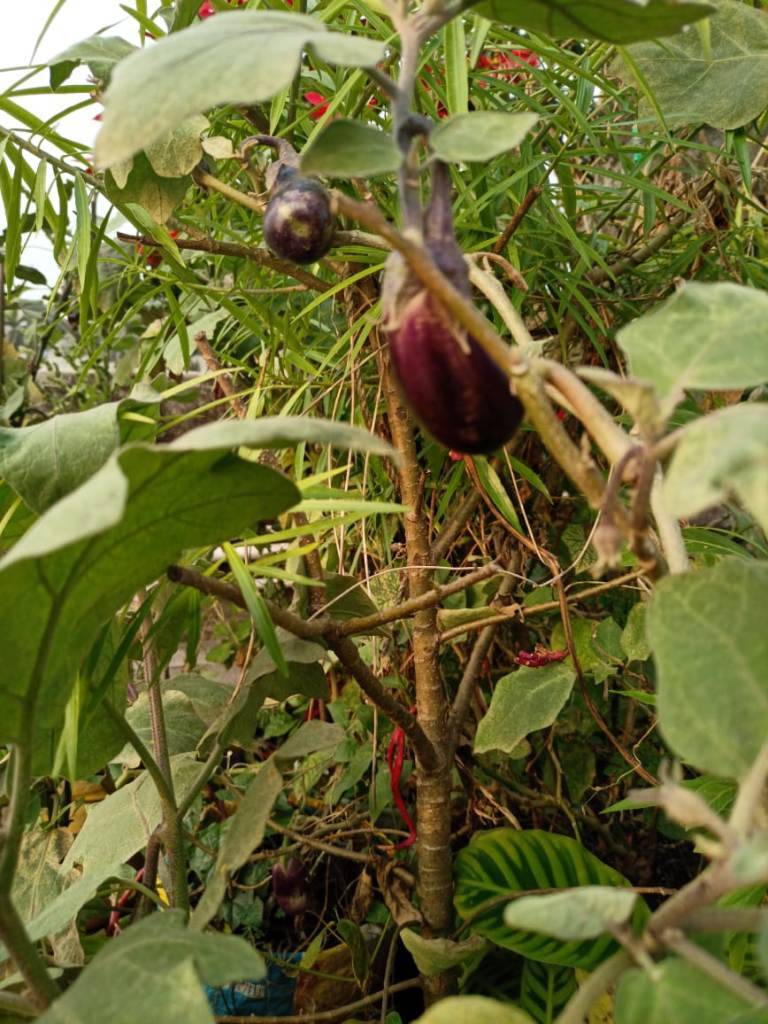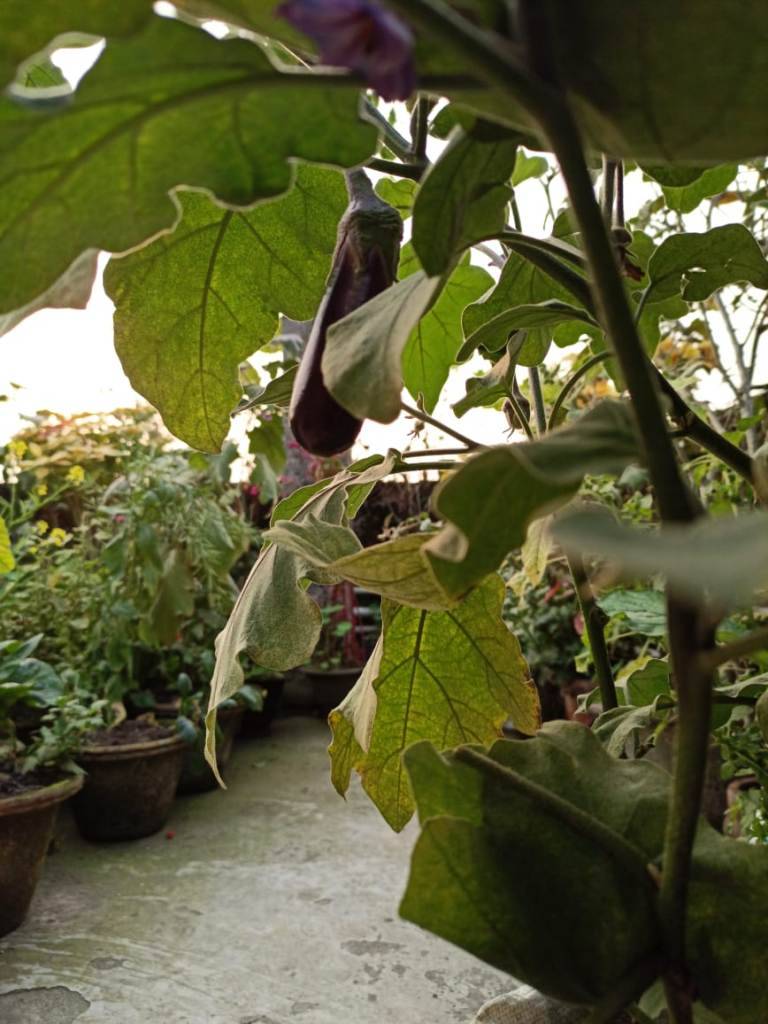
Winter is the best time for planting different crops! Winter may be the King of seasons and the greatest of the plants and the most beautiful fruit in the basket are the flowers. If you're a novice gardener who just dips his toes in the greenhouse, winter is your best bet if you're not living in the mountains.
It's also a perfect season to start seed gardening and prepare your garden to fulfill both your ornamental and food needs. In this blog we shall look in depth at the broad range of plants and flowers offered in winter, but the first order of business is to learn how nitty-gritty gardening comes from seeds.
Gardening does not only make the house look beautiful but also enhances your mood and gives you fresh veggies.
Nature has a major effect on health and wellbeing. Pull up the sleeves this spring and the summer, harvesting, planting and weeding. This is how people will benefit in the long term by tending to your garden beds:
Benefits of gardening
Gardening helps in burning a lot of calories: Gardening is considered as an exercise which requires a little of mild strength. According to the Centers for Disease Control and Prevention, we will eat nearly 330 calories for one hour of light gardens and yards work—more than normal measures for equivalent period (CDC) Disease Control and prevention (CDC).
According to a report in 2013 in the American Journal of Public Health, men and women who enrolled in the gardening program have had slightly fewer BMIs (body mass indexes).

Gardening helps in lowering blood pressure: The remainder of the week will avoid and regulate high blood pressure just 30 minutes from mild physical exercise. The National Heart, Lung and Blood Institutes are proposing that the prescribed quantity be achieved by gardening or raking leaves for 30-45 minutes.
Gardening also helps in strengthening the bones: It helps the body to produce vitamin D when we're outside and even our skin's open to the sun. According to the National Institutes of Health, the vitamin in seafood and heavy foods, such as milk—helps our body to digest calcium, which is a nutrient necessary for bone development. (FYI: If anyone intends to spend more than a few minutes under the sun in order to reduce the chances of skin cancer, people can also wear sunscreen.)
Growing vegetables in the garden promotes healthy eating: A positive plot can encourage a healthier diet by offering new, nutritious items in addition to physical exercise. In order to achieve the nutrients required to minimize the incidence of cardiovascular disease, the dietary guidelines suggest consuming at least 2 cups of fruit a day.
However according to 2016 study at the University of Florida Institute of Food and Agricultural Sciences, gardening allows people to establish a lasting way of consuming adequate fruit and vegetables.
Gardening helps reduce stress: According to a 2017 meta-analysis in Preventive Medicine Reports which analyzed 22 separate case studies, gardening is positively associated with reducing depression and anxiety symptoms.
Gardening makes people happy: The idea that plants thrive will also improve our mood. The 2017 meta-analysis also correlated gardening with changes in quality of life and mood disruption. This could be linked to how the attitude varies. People when invest such time and energy in gardening, the self motivation acts up and therefore when they see the output of such hard work, the sense of achievement makes them happy and also help feel good about themselves.











